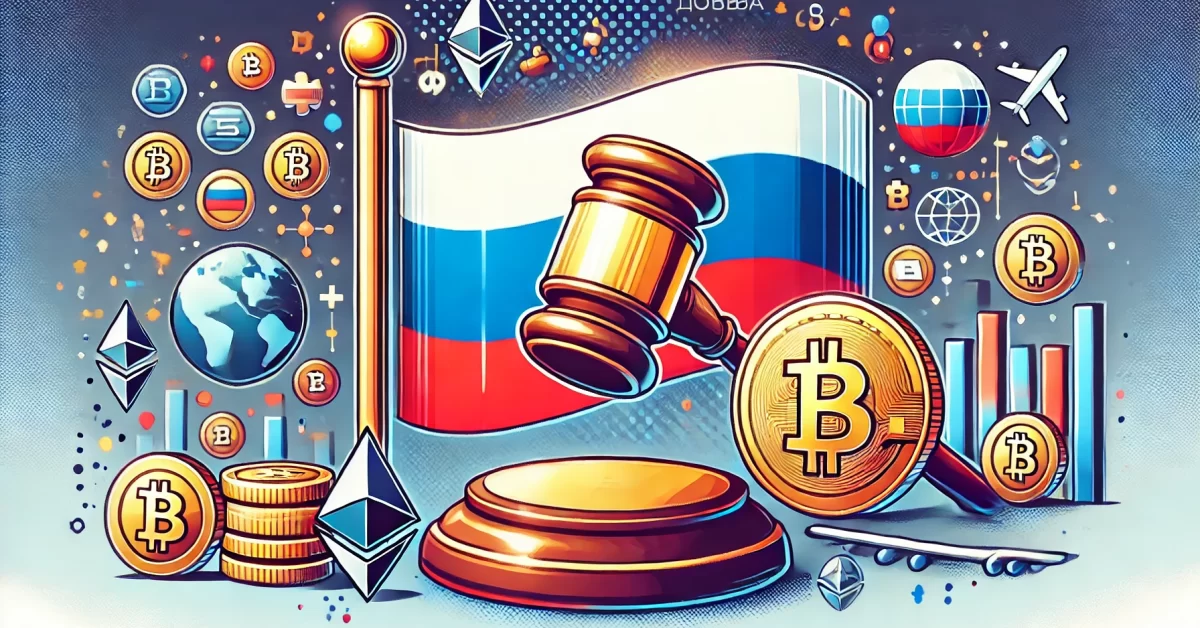In a dramatic turn of events, the United States has released a Russian national accused of Bitcoin swap fraud in exchange for an American citizen detained in Belarus. This unexpected prisoner swap has sparked discussions about diplomacy, international crime, and the role of cryptocurrency in global politics.
A High-Stakes Prisoner Exchange
The U.S. government has freed Alexander Vinnik, a Russian IT specialist accused of laundering billions of dollars through cryptocurrency transactions. In return, Belarus has released an American citizen, Vitali Shkliarov, a political analyst and writer, who had been arrested in 2020 on charges related to election protests against Belarusian President Alexander Lukashenko.
The swap, which took place quietly, was confirmed by government sources and legal representatives of both detainees. While both sides have kept the negotiations secret, it is clear that the exchange involved months of diplomatic talks between Washington, Moscow, and Minsk.
Who Is Alexander Vinnik?
Alexander Vinnik was arrested in Greece in 2017 at the request of U.S. authorities. He was accused of running BTC-e, a now-defunct cryptocurrency exchange that allegedly laundered more than $4 billion for cybercriminals, drug traffickers, and hackers worldwide. Prosecutors claimed that BTC-e helped facilitate illicit financial transactions, making it one of the most notorious platforms for money laundering.
Following years of legal battles, Vinnik was extradited to the U.S. in 2022, where he faced multiple charges, including money laundering and operating an unlicensed financial service. His case was closely watched by the crypto industry, as it highlighted how authorities were cracking down on financial crimes linked to digital assets.
The Arrest of Vitali Shkliarov
On the other side of the exchange was Vitali Shkliarov, a Belarusian-American political analyst who had worked on election campaigns in the U.S. and Europe. Shkliarov was detained by Belarusian authorities in July 2020 amid mass protests against President Lukashenko, who had declared victory in a controversial election widely condemned as fraudulent.
Shkliarov was accused of organizing and encouraging protests, though he denied all charges. He was held under harsh conditions, and international human rights groups had called for his immediate release. His detention was seen as part of Lukashenko’s crackdown on political opposition, with hundreds of activists, journalists, and protesters also being jailed during the unrest.
How the Deal Happened
While the exact details of the negotiations remain unknown, analysts believe the swap was part of broader diplomatic talks between the U.S., Russia, and Belarus. Relations between these nations have been tense, with Washington imposing sanctions on Belarus over human rights abuses and Moscow’s ongoing conflict with Ukraine complicating diplomatic efforts.
Experts suggest that Moscow pushed for Vinnik’s release as part of its wider strategy to secure Russian nationals facing legal troubles abroad. At the same time, Washington likely prioritized Shkliarov’s return due to mounting pressure from human rights organizations and political figures advocating for detained Americans overseas.
Reactions and Implications
The prisoner exchange has received mixed reactions. Russian officials welcomed Vinnik’s release, calling it a victory against what they claimed were politically motivated charges. The Russian Foreign Ministry had repeatedly criticized the U.S. for targeting Russian citizens in cybercrime cases and demanded Vinnik’s return.
Meanwhile, Belarusian authorities framed Shkliarov’s release as a gesture of goodwill, though many believe it was part of a deal to ease tensions with Washington. The Biden administration has not publicly commented on the swap, but sources within the U.S. government indicated that securing Shkliarov’s freedom was a priority.
Critics argue that the exchange sets a dangerous precedent, allowing authoritarian governments to use detained foreigners as bargaining chips. “This swap raises concerns about diplomatic hostage-taking,” said Bill Browder, a well-known human rights activist. “Countries like Belarus and Russia may see this as encouragement to detain more Westerners for leverage.”
also read:https://usaglory.co/2025/02/12/is-pi-network-the-future-of-crypto/
What’s Next?
For Alexander Vinnik, his legal troubles may not be over. While he has been freed from U.S. custody, there are reports that he could still face charges in Russia. Some experts believe he may be recruited by Russian intelligence agencies due to his deep knowledge of cryptocurrency networks and cybercrime operations.
As for Vitali Shkliarov, he is expected to return to the U.S. soon, where he will likely continue his work in political analysis and advocacy. His release is seen as a relief for his family and supporters, who had been calling for his freedom since his arrest.
This swap highlights the complex interplay between cybercrime, international diplomacy, and political tensions. It also raises questions about future exchanges, as more Americans and Westerners remain detained in Russia and Belarus. Will this deal lead to further negotiations, or will it encourage authoritarian governments to detain more foreign nationals?
For now, both sides have secured their desired outcome, but the broader implications of this exchange are still unfolding. As international tensions remain high, more cases like this may emerge, challenging global diplomacy and justice systems.





